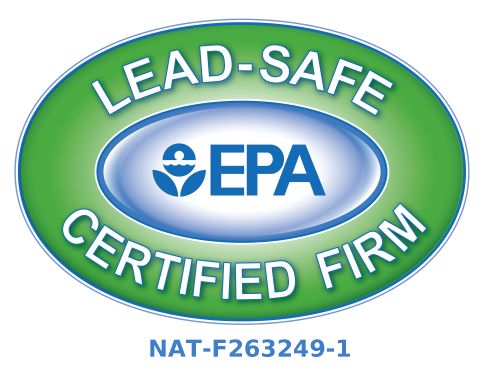
BEHIND THE SCENE

Without a doubt, being completely transparent when filling out a Seller’s Disclosure Notice saves hassles, heartaches, and legal actions down the line for both buyers and sellers. That is why Team Athey & Remarkable Property Management wants to stress how important it is that you take property disclosures very seriously. Technically, the Seller’s Disclosure Notice is to be completed to the best of the seller’s belief and knowledge. To head off problems, we suggest a few items you might consider disclosing in addition to the categories listed on the form.
Let’s be honest. If you’re in a quandary of what to disclose and what not to disclose about the property you’re selling, Team Athey suggests that you should probably disclose the problem or potential problem. Because the harm in not disclosing up front could result in serious legal and financial problems down the road. Whereas, by having the disclosure on your Seller’s Disclosure Notice you get everything in writing upfront so that all parties acknowledge problems or potential problems they may be facing.
Below is a list of items Team Athey believes you should consider disclosing even if you’re not legally required to do so in your state:
1. Property Items. What conveys with your property? Or, perhaps more importantly, what do you intend to take with you when you move. For example, your freestanding refrigerator and washer/dryer usually go with you. However, other items such as attached bookshelves, gazebos, and gas fireplace logs are up for negotiation. Also consider if you want to take a special light fixture or other attached item. If so, you must spell it out in writing so that there are no surprises.
2. Significant Defects. If you are aware of any structural problems with your home you should disclose this information. This is true for walls, floors, windows, foundations, and more.
3. Lead Paint. If your property was built before 1978, each party in a transaction needs to sign a lead paint disclosure. This is a federal law. Whether the lead paint has been resolved or not, it needs to be disclosed.
4. Hazards/Natural Disasters. If your property is at increased risk of damage from a natural disaster (Ex. hurricanes, earthquakes), or if there are known or potential environmental contaminants, you should tell buyers. In fact, Texas law requires sellers to disclose the presence of hazardous or toxic waste, including: mold, asbestos, urea-formaldehyde, radon gas, chemical or fuel storage tanks, contaminated soil or groundwater, etc.
5. Water Damage. Major flood damage, past or present leaks, plumbing problems, or any kind of water damage should be disclosed. Not only can water cause health hazards by causing mold growth, it can also undermine the structure of the house.
6. Nuisances. Noises, odors smoke, landfills, refineries, airports, shooting ranges, etc. These are but a few of the many neighborhood nuisances from outside a property that should be disclosed in writing. In short, if it could irritate potential home occupants, and you know about it, we suggest you go ahead and disclose.
7. HOA/Co-op/Historic District. Any organization, review or zoning committee that has authority over your property should be noted. In addition, all information and documents for these authorities must be provided to the buyers.
8. Pests/Infestations. Wasps, mice, bats, snakes, bedbugs, and more. To protect yourself and others, it is a good idea to disclose up front to serious buyers if you have these issues.
9. Boundary Issues. If you have any issues with fence lines or other neighborly or municipality disputes over where items are situated on or near your property line, you need to disclose this information upfront. You should also disclose if you have additions or renovations that you did not get permits to build.
10. Drainage or Grading Issues. Even if the flooding or drainage problems have been resolved, it is best to disclose they existed in the first place just to protect yourself should the issue occur again in the future.
11. Repairs. Under Texas law you must disclose previous roof or structural repairs, including defects in walls, fences, foundation, floors, and sidewalks. You also want to disclose electrical or plumbing repairs so that buyers are aware of probable future issues.
12. Paranormal Activity. Rules vary from state to state on this subject, but if you think you have paranormal activity, or if you’ve had an exorcism performed on your property, you should consider disclosing this information. Otherwise it may come back to haunt you. No pun intended. (Okay, the pun was intended, but it is so true.)
13. Emotional Defects. Depending on your location, you may or may not be required to disclose if a murder, suicide, or violent crime occurred on your property. However, we suggest you consider doing so anyway to avoid potential pitfalls with a buyer. Because even if you don’t disclose, the neighbors probably will. Better to find out from the homeowner first.
Remember, being upfront and honest about property issues is so important in transactions between buyers and sellers. By disclosing, not only will you make your home sale go much more smoothly, you’ll also save yourself from possible costly legal fees later.

I’m Suzanne Athey, founder of Team Athey & RemarkableProperty Management. If you’d like to know more about Seller's Disclosures or the unique way we do business, call me at 469-916-1222 or email me at suzanne@teamathey.com. I’d love to visit with you and answer all your real estate questions.










